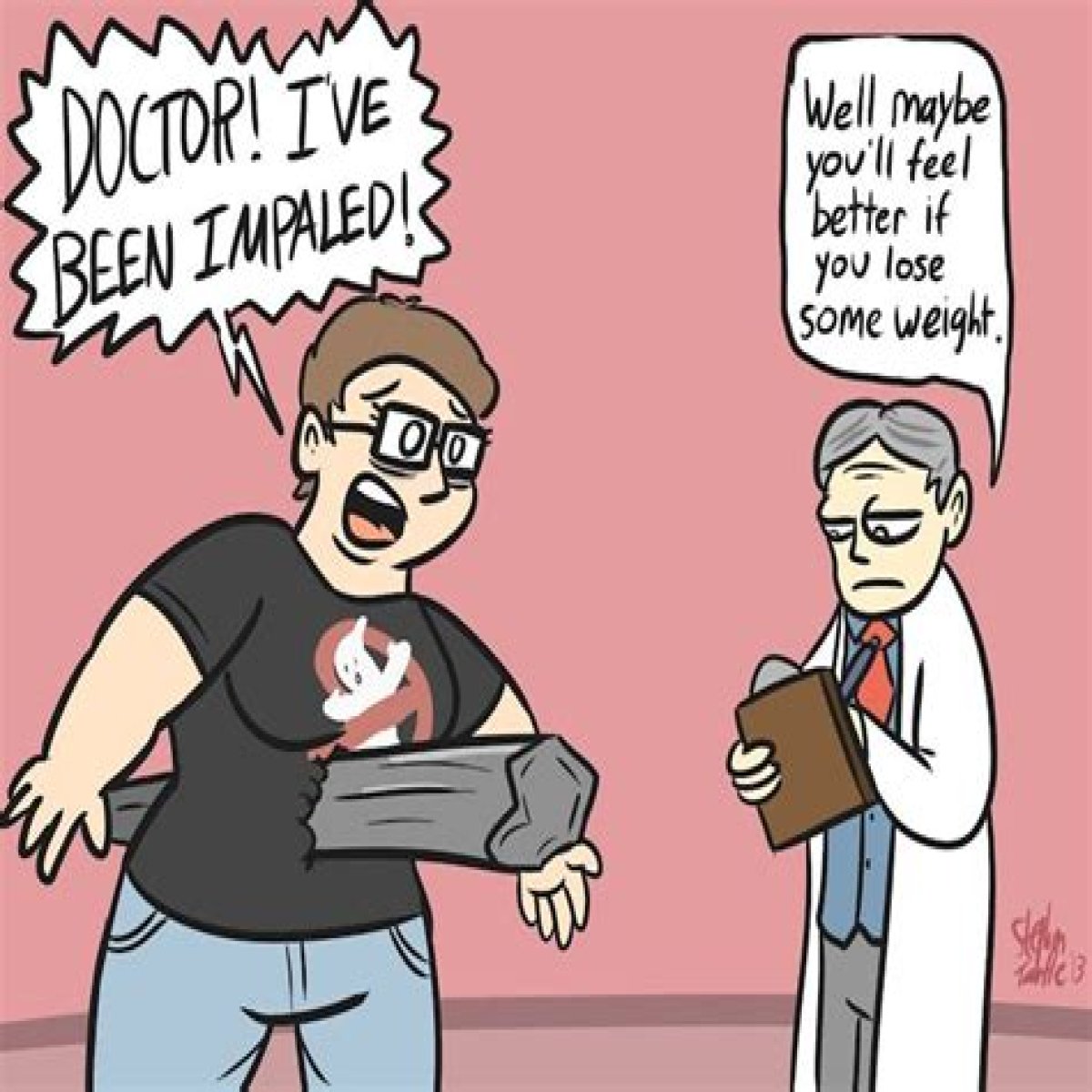In the realm of humor, creative fat insults have long been a topic of debate, often walking the fine line between comedy and insensitivity. While some may argue that humor is a way to cope with societal standards and body image issues, others feel that fat insults perpetuate negative stereotypes and harm those they target. This article seeks to explore the nuances of creative fat insults, their implications, and the broader conversation around body positivity and humor.
As we delve into this complex subject, it’s essential to recognize the impact that words can have on individuals and communities. Creative fat insults may elicit laughter, but they can also reinforce harmful narratives about body image and self-worth. By examining the origins, cultural context, and psychological effects of these insults, we can foster a more compassionate understanding of humor and its consequences.
Throughout this article, we will not only explore the creative aspects of fat insults but also highlight the importance of sensitivity and empathy in our interactions. By the end, readers will gain insights into how humor can be wielded responsibly and how we can support a healthier dialogue around body image.
- Table of Contents
- What Are Fat Insults?
- Characteristics of Creative Fat Insults
- The History of Fat Insults
- Evolution Over Time
- Cultural Perceptions of Fatness
- Global Perspectives
- The Psychological Impact of Insults
- Research Findings
- Examples in Popular Culture
- The Body Positivity Movement
- Key Principles of Body Positivity
- Responsible Humor: Finding the Balance
- Tips for Using Humor Responsibly
- Conclusion: Humor with Heart
Table of Contents
What Are Fat Insults?
Fat insults are derogatory remarks aimed at individuals based on their weight or body size. These insults can take many forms, from overtly negative comments to more subtle jabs disguised as humor. Regardless of the intent, fat insults often contribute to a culture of body shaming and can have lasting effects on the mental health of those targeted.
Characteristics of Creative Fat Insults
- Wit and wordplay: These insults often rely on clever turns of phrase or puns.
- Exaggeration: Many creative fat insults exaggerate a person’s size for comedic effect.
- Relatability: Some jokes resonate because they touch on shared experiences related to body image.
The History of Fat Insults
The history of fat insults can be traced back centuries, with literature and art often portraying fatness as a sign of gluttony or laziness. In ancient societies, being overweight was sometimes viewed as a symbol of wealth, while in modern contexts, it has become associated with negative stereotypes.
Evolution Over Time
As societal norms have shifted, so too have the ways in which fatness is discussed. In the past, fat insults were often crude and direct, but contemporary versions may utilize sarcasm or irony.
Cultural Perceptions of Fatness
Cultural perceptions of fatness vary widely around the world. In some cultures, being larger is celebrated, while in others, it is stigmatized. This section will explore how different societies view body size and the role that humor plays in these perceptions.
Global Perspectives
- In certain African cultures, body size is associated with fertility and prosperity.
- Western cultures often idealize thinness, leading to a prevalence of fat-shaming humor.
The Psychological Impact of Insults
The psychological impact of fat insults can be profound. Individuals who are subjected to such comments may experience low self-esteem, anxiety, and depression. This section will delve into the research surrounding the mental health effects of body shaming and the importance of empathy in humor.
Research Findings
Studies have shown that individuals who experience weight-related teasing are more likely to engage in unhealthy behaviors, such as dieting or disordered eating. This highlights the need for a more compassionate approach to humor.
Media plays a significant role in shaping perceptions of body image. Creative fat insults can be found in television shows, movies, and stand-up comedy routines. This section will analyze how these portrayals influence societal attitudes toward fatness.
Examples in Popular Culture
- Television sitcoms often use fat insults as a source of humor.
- Stand-up comedians frequently incorporate body image jokes into their routines.
The Body Positivity Movement
The body positivity movement seeks to challenge societal standards of beauty and promote acceptance of all body types. This section will discuss how this movement has gained traction and its implications for humor and creative fat insults.
Key Principles of Body Positivity
- Embracing diversity in body shapes and sizes.
- Fostering self-love and acceptance.
Responsible Humor: Finding the Balance
Finding the balance between humor and sensitivity is crucial in discussions about body image. This section will provide guidelines for responsible humor that respects individuals while still allowing for creative expression.
Tips for Using Humor Responsibly
- Avoid targeting individuals based on their appearance.
- Focus on shared experiences rather than insults.
- Be mindful of the potential impact of your words.
Conclusion: Humor with Heart
In conclusion, while creative fat insults may seem harmless to some, it is essential to consider their broader implications. Humor can be a powerful tool for connection, but it should never come at the expense of someone’s dignity or self-worth. As we navigate the conversation around body image and humor, let us strive for a culture that uplifts rather than diminishes.
We invite you to share your thoughts on this topic. Have you encountered creative fat insults in media, or do you have personal experiences to share? Leave a comment below, and don’t forget to explore other articles on our site that delve into the complexities of humor and body image.
Thank you for joining us on this journey of understanding. We hope to see you again soon!
Is Moon Chae Won Married In Real Life? Unveiling The Truth About The Talented ActressIs Jung So Min Married In Real Life? Exploring The Actress's Relationship StatusJonathan Berkery Net Worth: An In-Depth Look At His Financial Success
